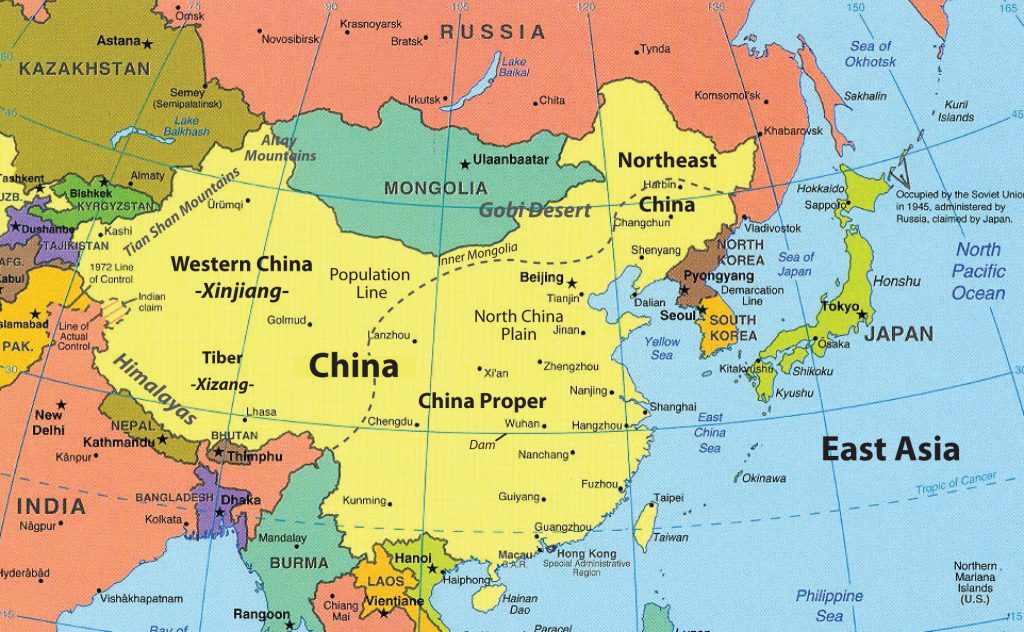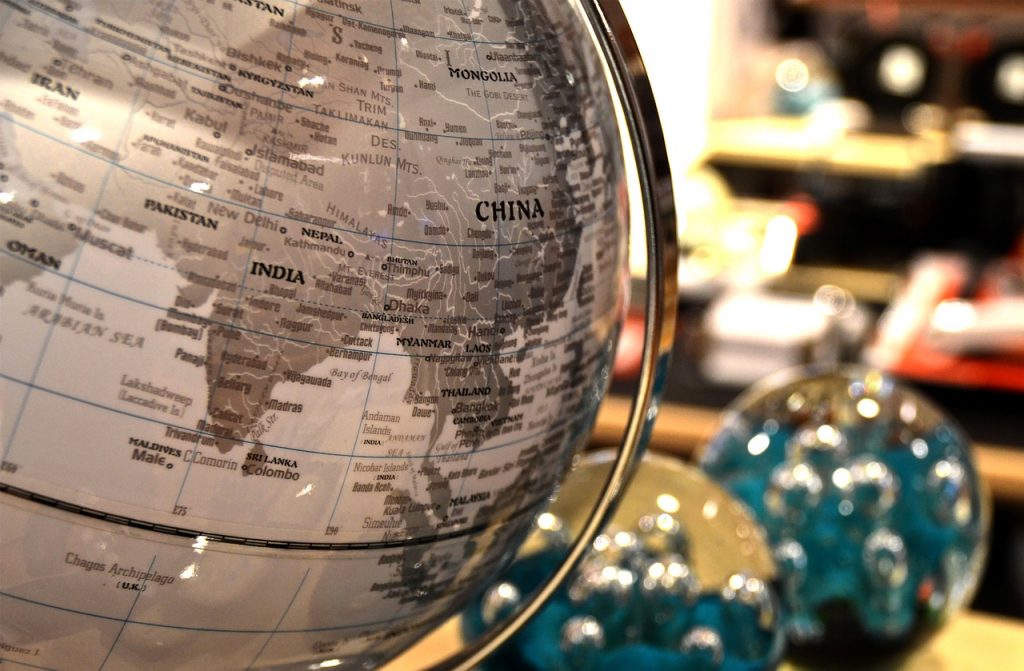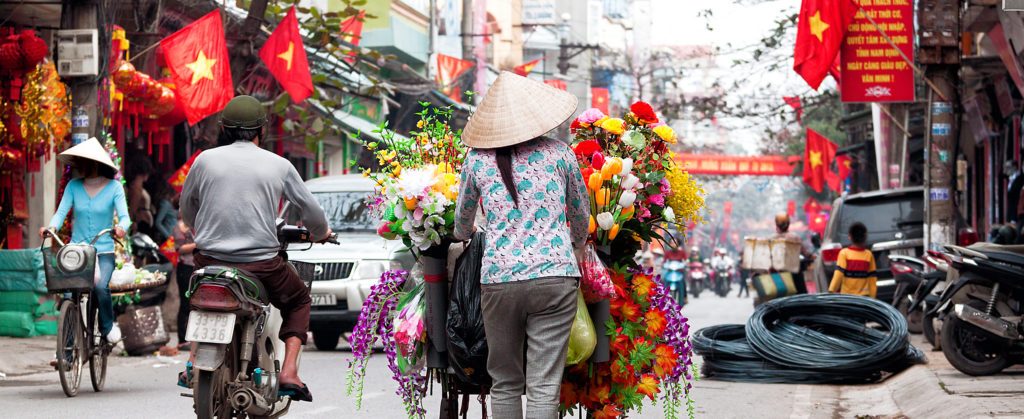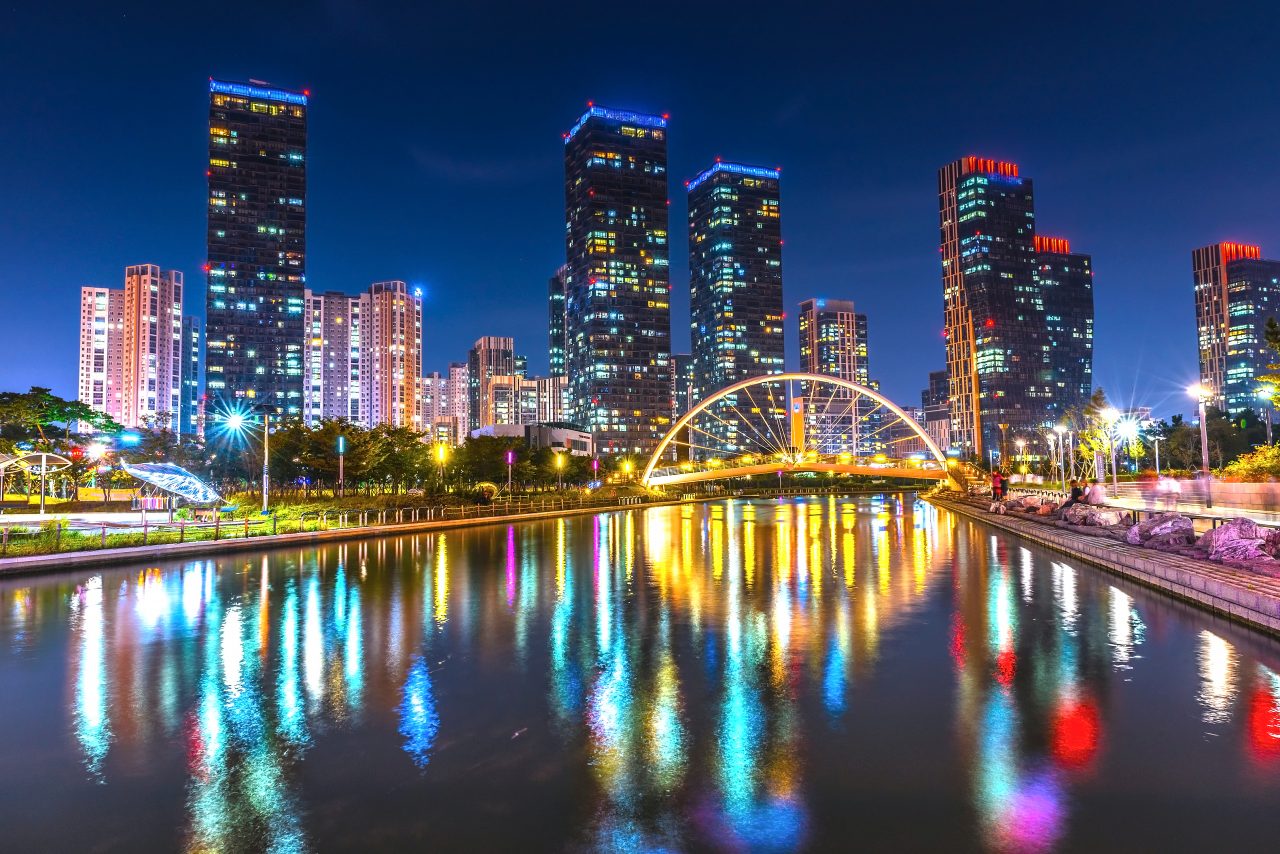Join GlobalBizzNetwork and start your international business network today.
East Asia
Economies in the East Asia and Pacific region continued their strong reform agendas, carrying out 43 reforms in the past year to improve the ease of doing business for domestic small and medium enterprises, says the World Bank Group’s Doing Business 2019: Training for Reform report, released today.

Of the region’s 25 economies, two are among the world’s top 10 ranked economies – Singapore (in 2nd place) and Hong Kong SAR, China, which moves up one spot to 4th place. And, China is among this year’s top 10 improvers. With a single-year record of seven reforms in the past year, China advanced to 46th place in the global ranking. Malaysia also made a notable improvement by regaining its place in the world’s top 20 economies, moving up nine places to 15th rank.
China made getting electricity easier in Beijing and Shanghai, the two cities covered in the report, by expanding network capacity and making the connection process free of charge. The introduction of a new mobile application for customers has also reduced the time to obtain an electricity connection to 34 days, from 143 days. Paying taxes was made easier by abolishing the business tax, allowing for joint filing and payment of all stamp duties and by implementing several administrative reforms to lower the compliance time.
In the area of construction permitting, the process of obtaining a permit and registering a new building was streamlined and quality control standards were improved. China also strengthened minority investor protections by increasing shareholders’ rights and role in major corporate decisions, clarifying ownership and control structures, and requiring reimbursement of legal expenses incurred by shareholders. Other reforms in China included making it easier to start a business, trade across borders and register property.
With six reforms, Malaysia made dealing with construction permits less cumbersome by streamlining the process of obtaining a building permit and made starting a business easier by introducing an online registration system for the goods and service tax (GST). It also carried out reforms in other areas, including the introduction of online single window platform to make property transfer simpler and making it easier for companies to resolve insolvencies.
Indonesia and Vietnam carried out three reforms each during the past year. In Indonesia, the reforms were aimed at easing the processes for starting a business, registering property, and improving access to credit. In Vietnam, improvements were made to make it easier to enforce contracts, pay taxes and start a business.
In the Philippines, minority investor protections were strengthened by increasing shareholders’ rights and role in major corporate decisions and clarifying ownership and control structures. In the area of Starting a Business, the Philippines simplified tax registration and business licensing processes, but increased tax registration costs. Trading Across borders was made more difficult by increasing the number of inspections for importing, thereby increasing the average time for border compliance.
Reforms by other countries included making enforcing contracts easier in Mongolia, by reducing plaintiff fees, while Timor-Leste made starting a business less costly by reducing the paid-in minimum capital requirement.
“East Asia and Pacific region has made significant progress in enabling entrepreneurship and private enterprise. As the reform momentum continues building up in the region, those economies which lag behind have the opportunity to learn from the good practices adopted by their neighbors,” said Rita Ramalho, Senior Manager of the World Bank’s Global Indicators Group, which produces the report.
The region’s economies perform well in the Doing Business areas of Dealing with Construction Permits and Getting Electricity. Building a warehouse, for example, takes on average 133 days and costs nearly 2 percent of the warehouse value, compared with the global averages of 158 days and 4.8 percent of the warehouse value.
There is room for improvement in areas such as Enforcing Contracts, where there is need for more widespread adoption of international good practices, such as alternative dispute resolution systems and the creation of specialized commercial courts. Three-quarters of the region’s economies do not have a court dedicated solely to hearing commercial cases. Moreover, resolving a commercial dispute in the region costs on average 47 percent of the claim value, compared to 33 percent globally.
Of the reforms carried out in the region in the past year, 10 were implemented to make starting a business easier, seven were designed to facilitate the process of getting electricity and five to make easier and safer dealing with construction permits.
Since Doing Business began in 2003, Starting a Business has been the most common area of reform in East Asia and the Pacific. As a result, the average time to start a business in the region has been almost halved to 28 days, from 50 days in 2003, and the cost has been significantly reduced from 59 percent of the income per capita in 2003 to 19 percent now.
This year, Doing Business collected data on training provided to both public officials and users of business and land registries. A case study in the report, which analyzes this data, finds that mandatory and annual training for relevant officials is associated with higher business and land registry efficiency. A second study, on enforcing contracts and resolving insolvency, examines the education and training of judges worldwide. It finds that institutionalized training programs for judges in Indonesia supported the successful implementation of reforms establishing small claims courts and the successful adoption of new insolvency laws, decreasing the time to resolve insolvency cases. Two other case studies focus on the benefits of accrediting electricians and training customs clearance officials.







